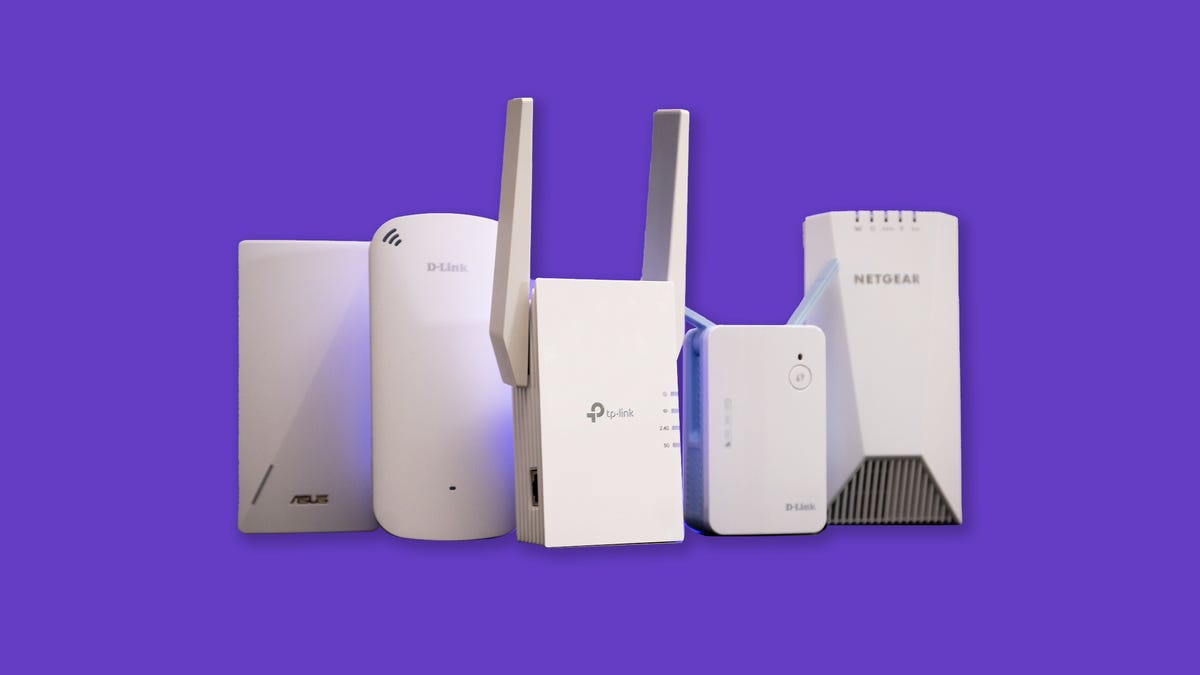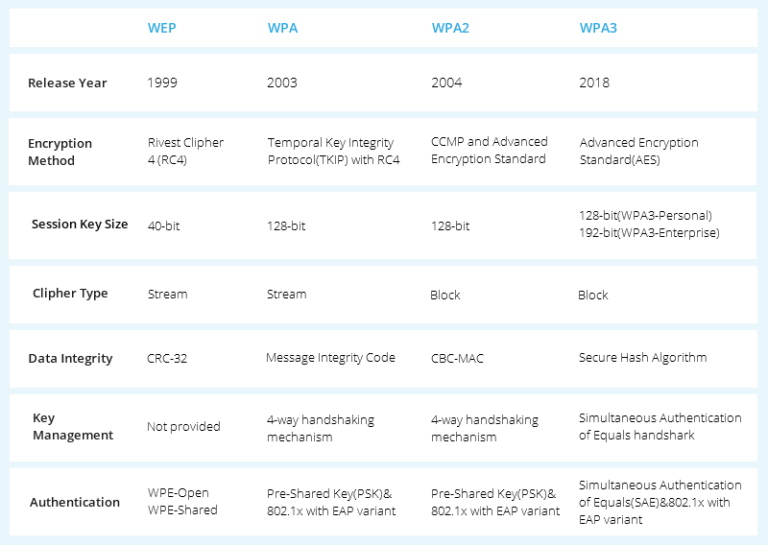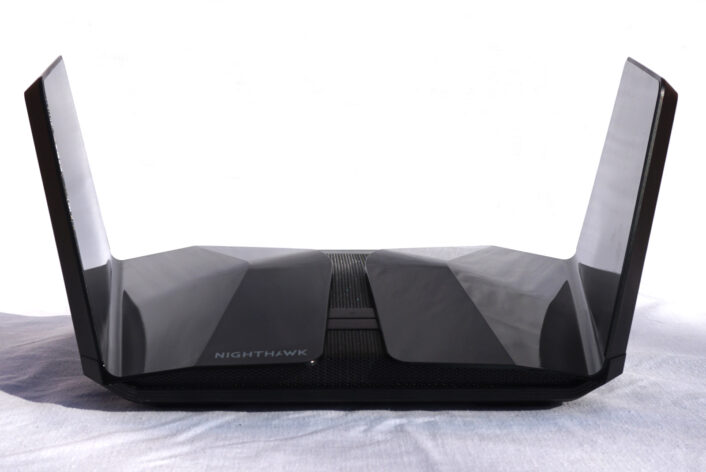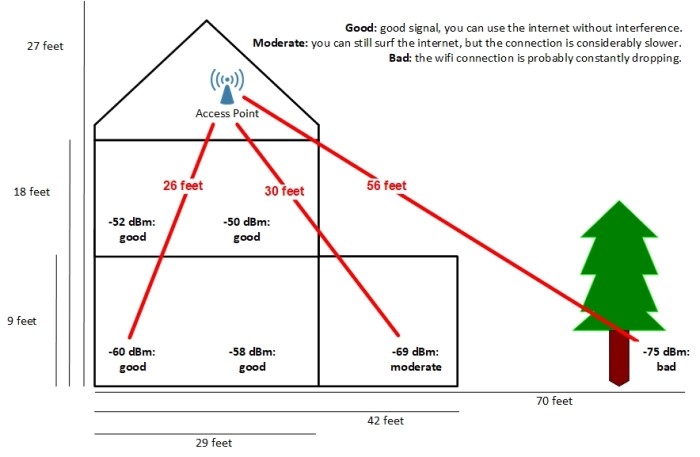Is Wi-Fi Extender Faster Than Router?
Wi-Fi extenders are becoming increasingly popular as a way to improve the performance of home or office networks. The question many people have is whether a Wi-Fi extender is faster than a router. The answer depends on the type of Wi-Fi extender being used, the distance from the router, and how much bandwidth is available on the network. In general, a Wi-Fi extender can provide a speed boost to a wireless network, but it may not be as fast as a router.
Understanding Wi-Fi Extenders
and Routers
With the explosion of the internet, it is no surprise that Wi-Fi extenders and routers have become an increasingly popular way for people to connect to the network. But what is the difference between these two technologies, and is one better than the other? To determine which is the better option for your home or business, it is important to understand the subtle distinctions between Wi-Fi extenders and routers.
Wi-Fi extenders are devices that use an existing Wi-Fi signal to extend its range and provide better coverage over a larger area. While extenders can be useful for providing coverage to areas of a house or office that may be difficult or impossible to reach with a router, they are limited in what they can do. Generally, extenders will not be able to provide the same speed or reliability that a router can.
Routers, on the other hand, are devices that are specifically designed to create a wireless network. Routers are connected directly to an internet source, such as an Ethernet cable or DSL line, and are capable of providing faster speeds and more reliable connections than Wi-Fi extenders. However, routers are limited in their range and may not be able to cover the entire area of a home or office.
In general, routers are the better option for providing fast, reliable internet connections over a larger area. However, if you have areas of your home or office that are difficult to reach with a router, a Wi-Fi extender may be a good solution. Understanding the differences between these two technologies will help you determine which is the best option for your needs.
Advantages of Wi-Fi Extenders
Wi-Fi extenders are an excellent solution for reducing network dead spots in your home. They bridge the gap between your router and the area of your home that may have a poor signal, allowing you to access the Internet from any room in your house. But what are the advantages of using a Wi-Fi extender over a router?
One of the key advantages of a Wi-Fi extender is the improved speed and reliability. By using multiple access points, the extender creates a stronger connection and optimizes your network speed. This can be especially beneficial if you have a large house with multiple devices connected to your Wi-Fi network. A Wi-Fi extender can also reduce signal interference by providing a dedicated path between the router and the device, which can improve speed and reliability.
Another advantage of using a Wi-Fi extender is that it can help extend the range of your existing router. By using multiple access points, the extender can provide a larger coverage area than a single router. This can be especially helpful if you have a large house or multiple floors.
Finally, Wi-Fi extenders are often more affordable than routers. This makes them an attractive option for those on a budget who need to extend their existing network.
Overall, Wi-Fi extenders offer several advantages over a router. They can improve your network speed and reliability, extend the range of your existing router, and are typically more affordable than routers. If you’re looking to extend your Wi-Fi coverage, a Wi-Fi extender may be the best solution for you.
Disadvantages of Wi-Fi Extenders
Wi-Fi extenders are a great way to extend your existing Wi-Fi coverage and speed, but they come with some disadvantages as well. In comparison to a router, Wi-Fi extenders can be slower, have a shorter range, and can be difficult to set up.
One of the main disadvantages of a Wi-Fi extender is its speed. The speed of an extender is limited by the speed of the existing router, and so it can be significantly slower than a router. Furthermore, the signal will degrade over distance, so the further away a user is from the extender, the slower the connection will be.
Another disadvantage of Wi-Fi extenders is their shorter range. Unlike routers, extenders typically have a range of only a few hundred feet. This means that if you need to cover a large area, you may need multiple extenders to do the job that one router could do.
Finally, setting up a Wi-Fi extender can be complicated and time-consuming. If you’re not tech-savvy, you may need to hire a professional to get your extender up and running.
In conclusion, Wi-Fi extenders can be a great way to extend your existing Wi-Fi coverage and speed, but they come with some disadvantages. They can be slower, have a shorter range, and be difficult to set up. Therefore, it is important to consider your particular needs before deciding whether a Wi-Fi extender is right for you.

Comparing Wi-Fi Extender Speeds to Router Speeds
As the proliferation of Wi-Fi enabled devices continues to grow, it’s no wonder that people are asking the question, is a Wi-Fi extender faster than a router? The answer isn’t straightforward, as there are several factors to consider.
When it comes to speed, routers and Wi-Fi extenders both have advantages and disadvantages. Routers typically offer faster speeds because they use multiple antennas to broadcast a stronger signal over a wider area. However, they tend to have limited range and can be subject to interference from other devices.
Wi-Fi extenders, on the other hand, use a single antenna to extend the reach of an existing signal. This means that they can be used to effectively extend the reach of a router’s signal without sacrificing speed. However, these devices are not as powerful as routers, and the signal may be weaker depending on the quality of the device.
Ultimately, the speed of a Wi-Fi extender depends on the quality of the model and the environment in which it is used. In general, however, routers tend to offer faster speeds than Wi-Fi extenders, although Wi-Fi extenders offer a great way to extend the range of an existing signal. It’s important to consider both the speed and range of a device when making a decision about which one is right for you.
Tips for Improving Wi-Fi Extender Signal Strength
Wi-Fi extenders are a great way to improve your home’s wireless signal strength, but they come with a few caveats. If you’re wondering if a Wi-Fi extender can deliver a faster connection than your router, the answer is not always straightforward. While an extender can help improve your connection speed, there are several factors to consider. To ensure you get the best possible performance from your Wi-Fi extender, here are some tips for improving signal strength:
1. Place your Wi-Fi extender in the right spot. It should be close enough to your router so it can pick up a strong signal, but not too close so as to interfere with the router’s signal.
2. Keep your Wi-Fi extender away from common sources of interference, such as microwaves, cordless phones, and other wireless devices.
3. Choose a model with the latest technology. Look for extenders that support the latest Wi-Fi standards, such as 802.11ac or the latest Wi-Fi 6.
4. Make sure your router is up to date. You should regularly update your router’s firmware to ensure it’s running the latest version.
5. Keep your extender securely connected. Make sure to use a secure connection when setting up your Wi-Fi extender.
By following these tips, you can improve your Wi-Fi extender’s signal strength and get the most out of your home’s wireless connection. With an optimized Wi-Fi extender, you can experience faster speeds and a more reliable connection.
Conclusion
Wi-Fi extenders are a great way to improve your home network’s coverage and performance. They can be used to extend your Wi-Fi signal to areas of your home that don’t have a strong or reliable connection. When used correctly, Wi-Fi extenders can provide faster speeds, greater range, and more reliable connectivity than traditional routers. However, before purchasing an extender, it’s important to consider the potential downsides such as the need for additional cables or power outlets. Ultimately, whether a Wi-Fi extender is faster than a router will depend on your individual needs and the environment you’re using it in. Ultimately, it’s important to weigh the pros and cons of each option and choose the one that best fits your home network setup.
FAQs About the Is Wi-Fi Extender Faster Than Router?
Q1. How do Wi-Fi extenders work?
A1. Wi-Fi extenders work by receiving the existing Wi-Fi signal, amplifying it, and rebroadcasting it to areas that are not covered by the original router.
Q2. Is a Wi-Fi extender faster than a router?
A2. Generally speaking, Wi-Fi extenders are not faster than routers, but they can help improve the coverage area of your home network.
Q3. Do I need to have an existing Wi-Fi signal for a Wi-Fi extender to work?
A3. Yes, in order for a Wi-Fi extender to work, you need to have an existing Wi-Fi signal that the extender can pick up and amplify.
Conclusion
It can be concluded that in most cases a Wi-Fi Extender is faster than a Router. This is due to the fact that a Wi-Fi Extender boosts the signal from the router, which increases the range and speed of the Wi-Fi network. However, the speed of the Wi-Fi Extender is still dependent on the speed of the router. Therefore, if the router is slow, then the Wi-Fi Extender will not be able to boost the signal to the maximum speed.


